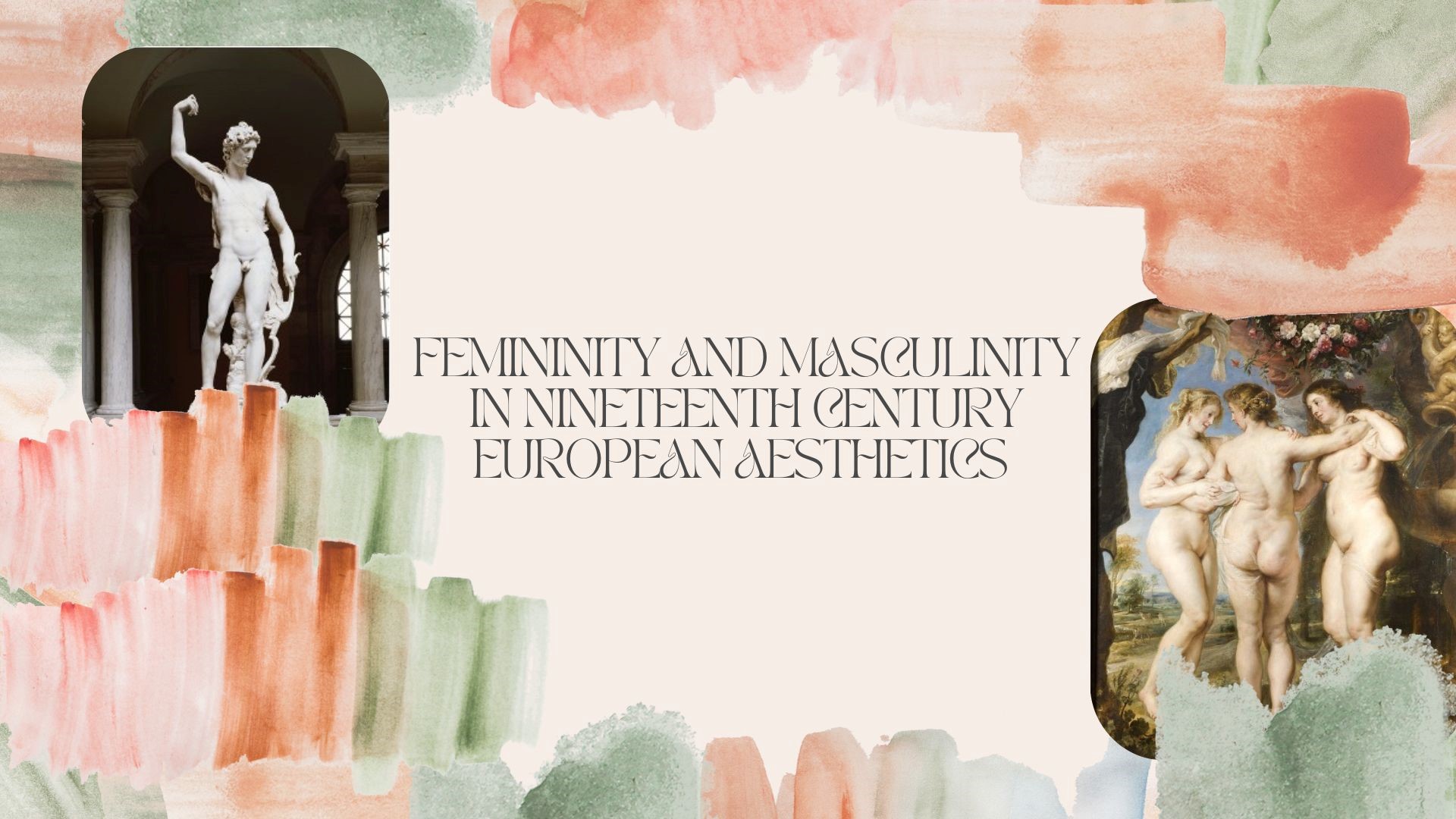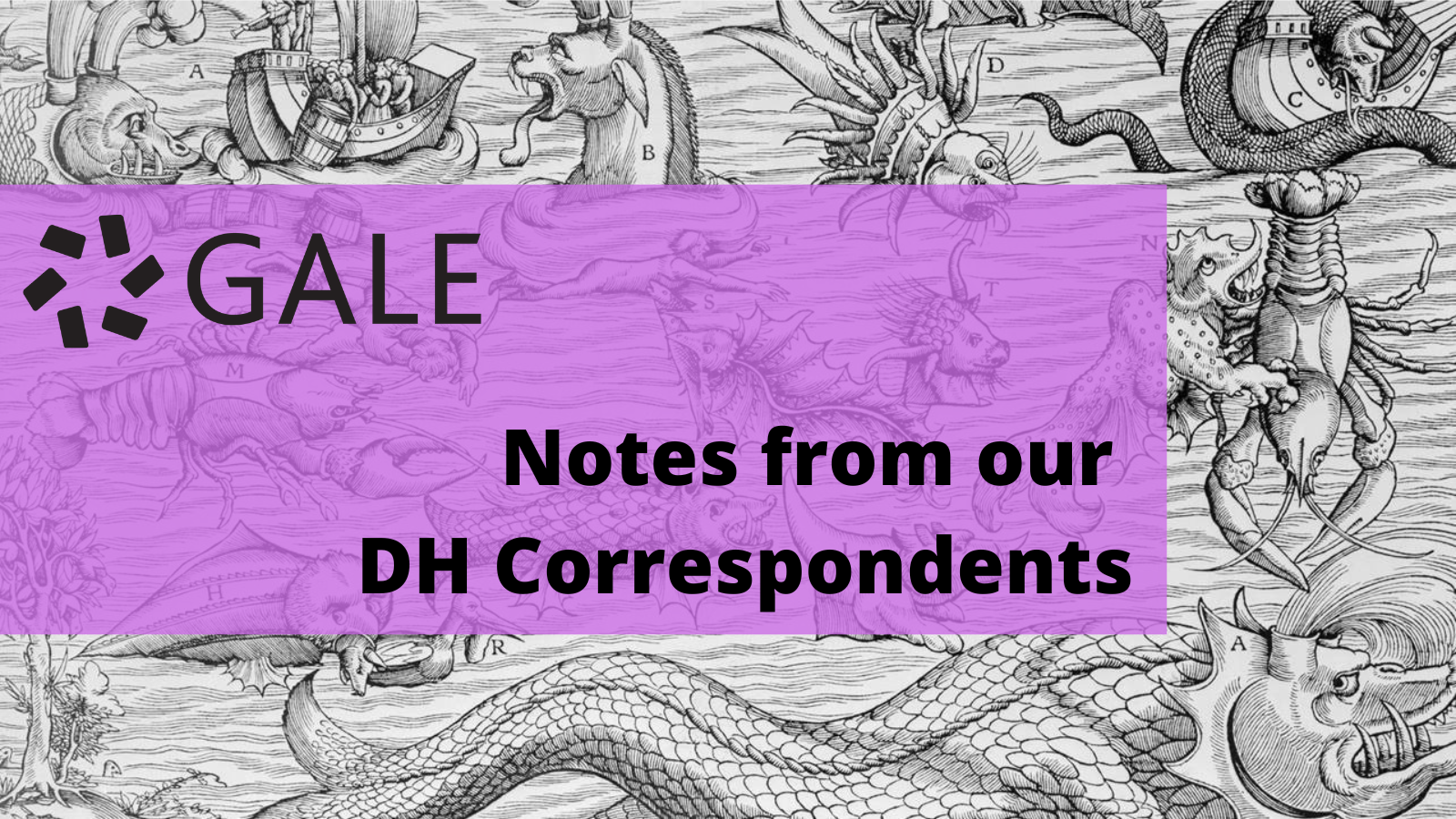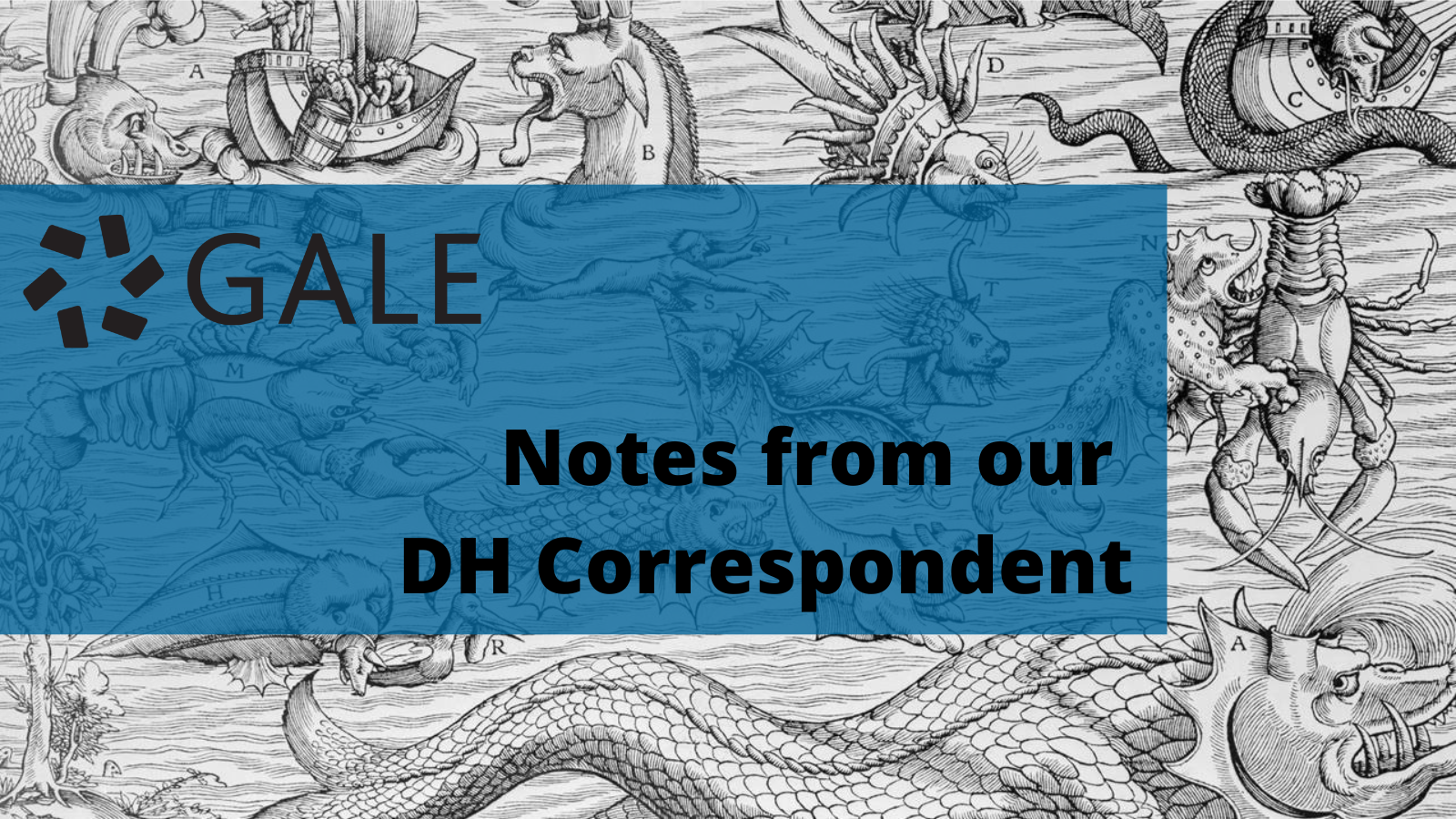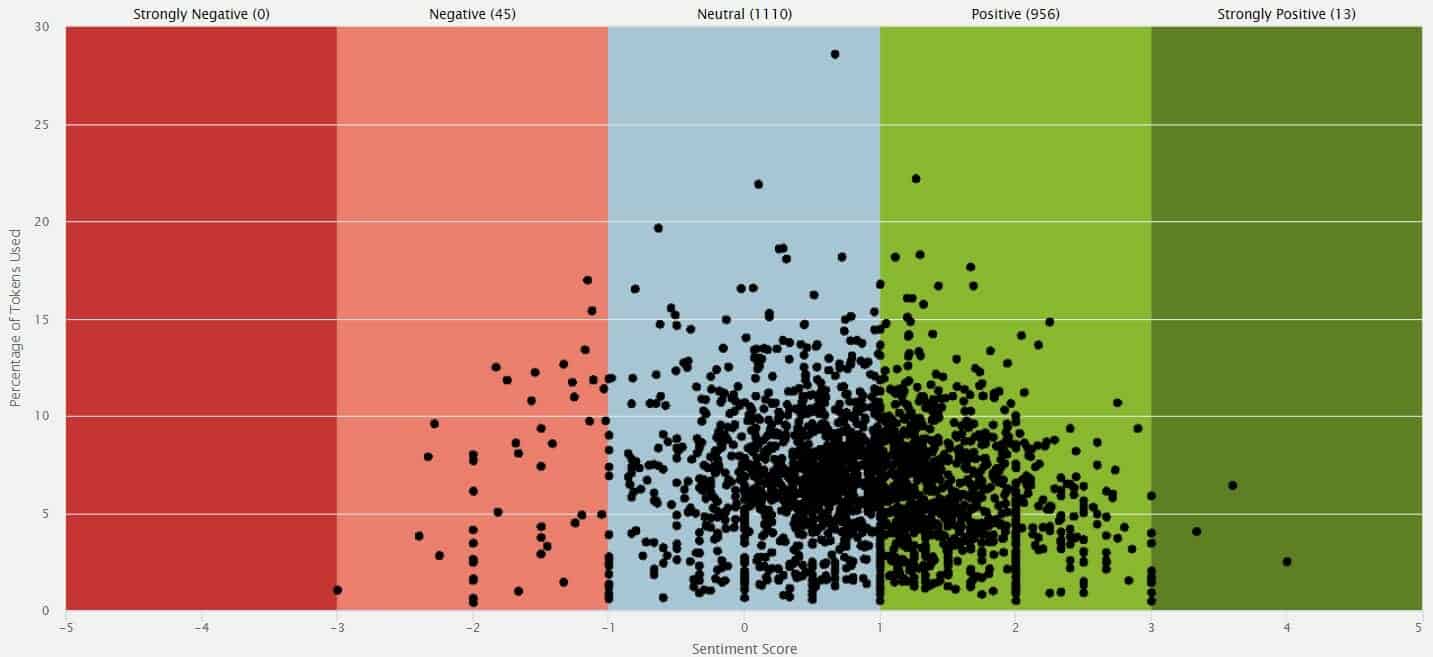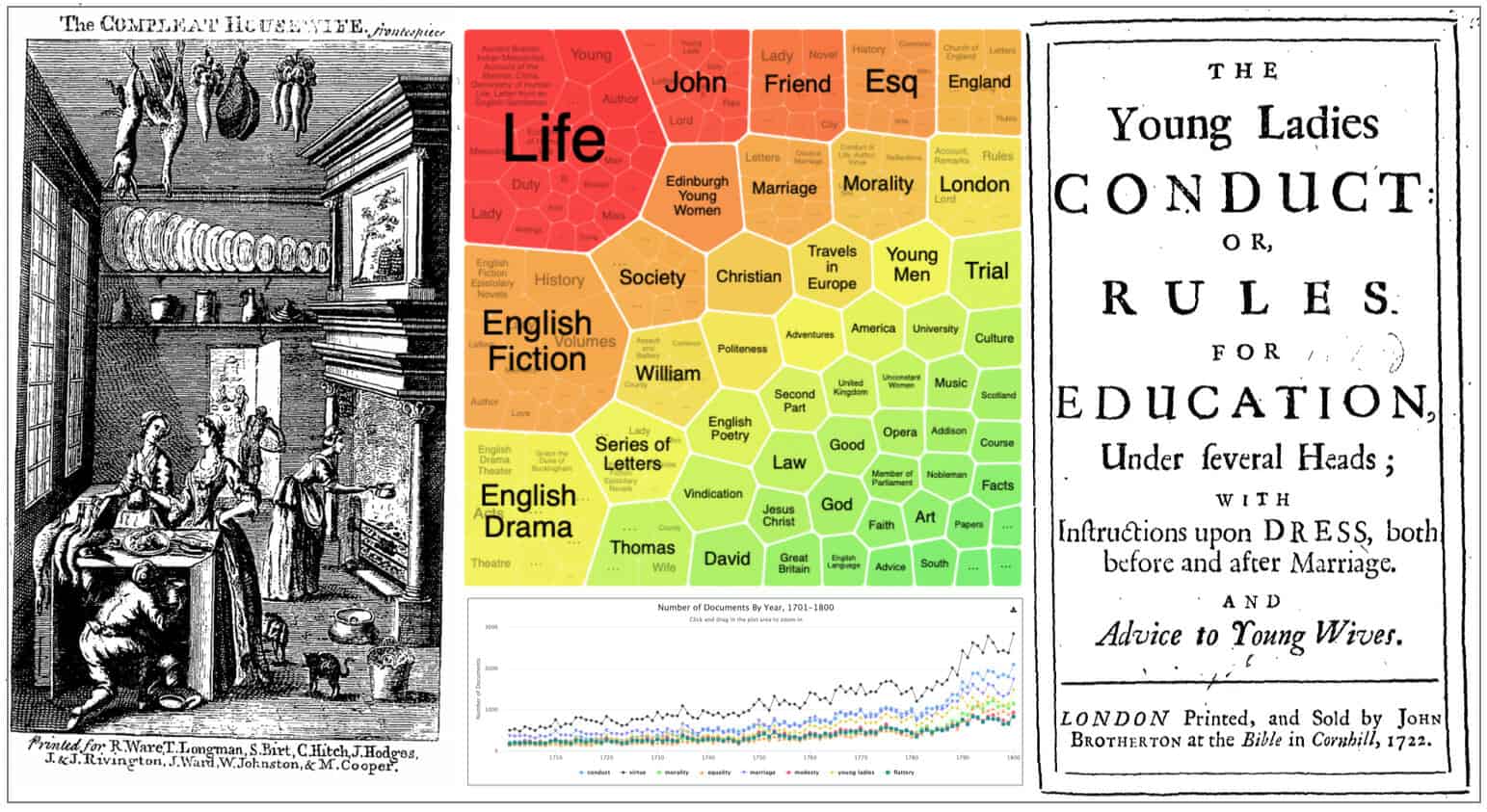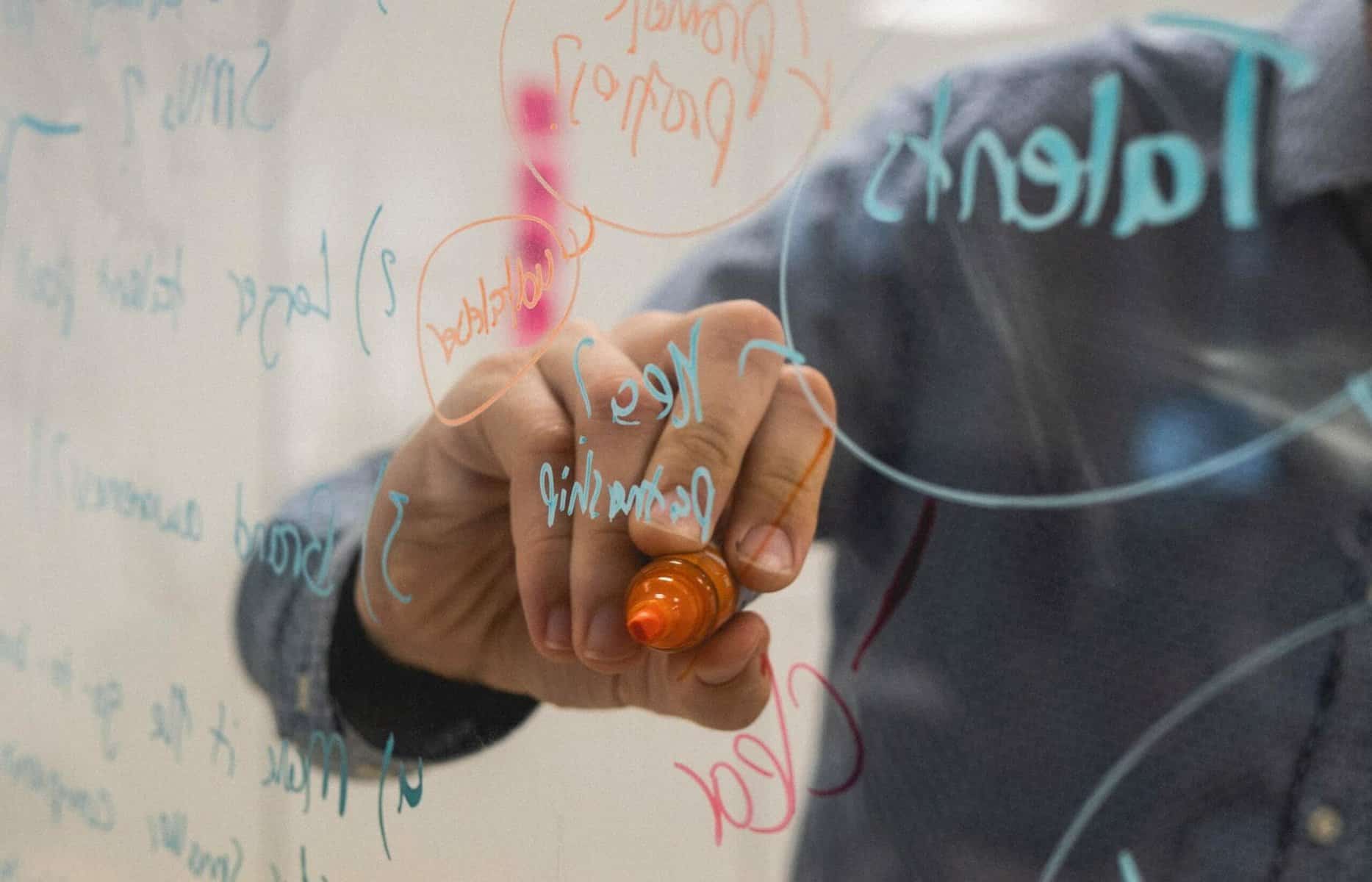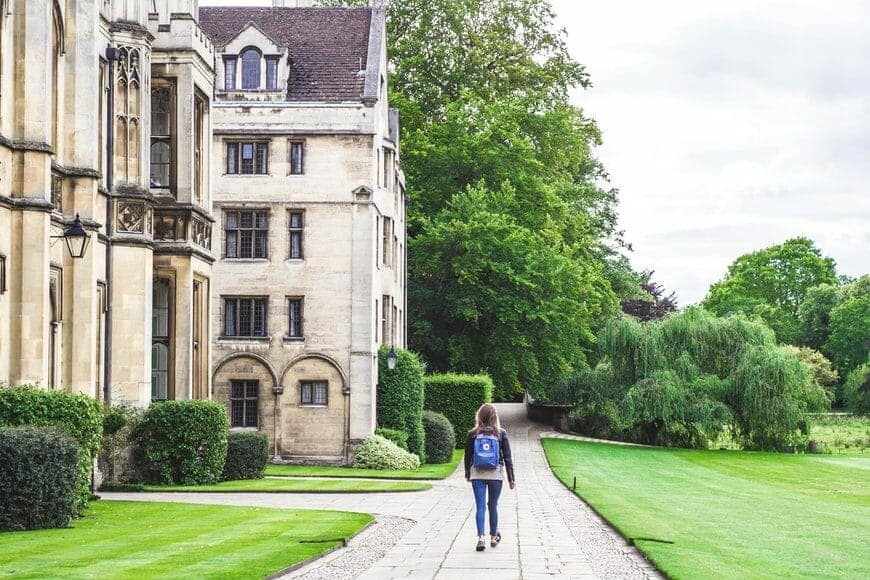│By Sofía Sanabria de Felipe, Gale Ambassador at the University of Oxford│
In March 2022, an exhibition entitled Fashioning Masculinities opened at the Victoria and Albert Museum in London. Its manifesto was to show a ‘history of changing ideas of masculinity’. The exhibition greeted visitors with a gallery of plaster-casts of statues in a Greco-Roman idiom. Amongst them stood Pietro Francavilla’s statue of Apollo, a Renaissance sculpture depicting the apparent timelessness of the nude masculine ideal of Western classical epistemology.

